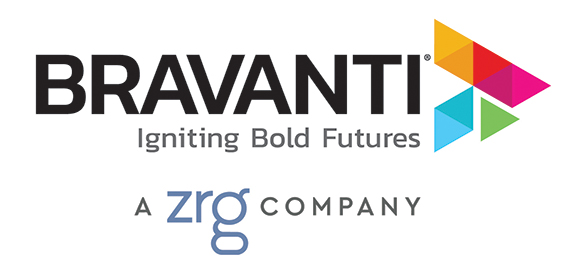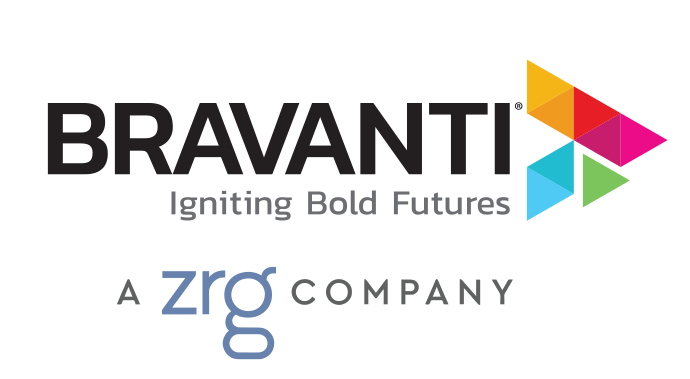With increasing life expectancy, shifting financial markets, and a desire for continued personal and professional fulfillment, the concept of retiring at 65 and retreating from the workforce is becoming outdated. As traditional notions of retirement evolve, many professionals are exploring non-traditional post-career paths such as second act careers, encore careers, and alternative retirement plans.
And rightfully so, the later stages of one’s career can be seen as a “legacy phase”—a time to leverage the wealth of experience and knowledge accumulated over a lifetime. This phase is not merely about winding down but about leaving a lasting impact, whether through continued professional engagement, mentorship, community involvement, or creative pursuits.
In the legacy phase, the focus shifts from climbing the career ladder to reflecting on the broader significance of one’s contributions. It’s an opportunity to redefine success, not by titles and salaries, but by the positive influence one has on others and the fulfillment of personal passions. This stage allows professionals to blend purpose with experience, creating a meaningful and impactful post-retirement life.
By embracing the legacy phase, you can transform retirement into a period of renewal and significance, ensuring that your later years are some of the most rewarding and impactful of your life.
Understanding Your Alternatives
The terms “second act career,” “encore career,” and “alternative retirement plan” all refer to non-traditional paths taken by individuals after their primary career, but they have distinct meanings and implications.
Second Act Career
A second act career involves starting a new career or professional pursuit after concluding one’s primary career. This new career can be vastly different from the first and is often driven by passion, personal interests, or the desire to continue contributing to society. Key characteristics include:
- Scope: Typically a new professional pursuit often involving a transition into a new field or type of work that may or may not relate to the previous career.
- Motivations: People pursue second act careers for various reasons, such as personal fulfillment, financial necessity, staying mentally and socially active, or following a long-held passion.
- Examples: An executive might become a teacher, a corporate lawyer might start a writing career, or a retired engineer might launch a consulting business.
Encore Career
An encore career is a type of second act career but with a specific focus on work that is meaningful and often geared toward making a positive social impact. Key characteristics include:
- Scope: Typically involves roles in education, non-profit, social enterprises, or public service where the individual’s work benefits the community or society at large.
- Motivations: A desire to give back, make a difference, and find work that is not only fulfilling but also contributes to the greater good. The emphasis is on societal impact and finding purpose through work that benefits others.
- Examples: A corporate executive transitioning to a role in a non-profit organization, a teacher working in a community service project, or a business professional becoming a social entrepreneur.
Alternative Retirement Plan
An alternative retirement plan refers to a non-traditional approach to retirement, where the individual doesn’t fully retire in the conventional sense. Instead, they may choose to remain partially active in the workforce or engage in other fulfilling activities. Key characteristics include:
- Scope: Typically a flexible retirement journey, where instead of stopping work entirely, individuals may pursue phase retirement (gradually reducing their work hours), take on part-time jobs, or engage in consulting roles.
- Motivations: Financial security, desire to remain active, social engagement, or continuing to leverage professional skills in a less demanding capacity.
- Examples: A semi-retired professional might work part-time in their industry, volunteer extensively, or start a hobby-based business.
Key Differences
Nature of Work:
- Second Act Career: Involves a complete career change or starting a new professional path.
- Encore Career: Focuses on roles that specifically contribute to societal good, often in fields like education, non-profits, or social enterprises.
- Alternative Retirement Plan: Focuses on modifying the current career or work approach without a full transition to a new field.
Purpose:
- Second Act Career: Often driven by passion or the desire to explore new interests and fields.
- Encore Career: Motivated by a commitment to societal good and finding meaningful, purpose-driven work.
- Alternative Retirement Plan: Primarily aimed at achieving a balanced retirement lifestyle that includes continued work in some form.
Commitment Level:
- Second Act Career: Requires a significant commitment to retraining or gaining new skills for the new career path.
- Encore Career: It may require significant time and effort, depending upon the need for reskilling or upskilling.
- Alternative Retirement Plan: Usually involves a lighter commitment, allowing for more personal time and flexibility.
Financial Implications:
- Second Act Career: May involve significant changes in income, either higher or lower, depending on the new career.
- Encore Career: Often comes with financial trade-offs, as roles in non-profits or social enterprises might offer lower compensation compared to traditional corporate roles.
- Alternative Retirement Plan: Often aims to supplement retirement income without the pressures of a full-time job.
By understanding these distinctions, you can start to discern which path aligns with your goals.
9 Creative and Fulfilling Retirement Alternatives for Executives
1. Start Your Own Company
Studies show that senior executives between 55 and 64 years of age are choosing to explore entrepreneurship at higher rates than ever before.
Whether it’s coaching or consulting in your area of expertise or building a new business in a completely new area, entrepreneurship is a great alternative to traditional retirement.
2. Serve on a Board
As a senior executive, you likely have a lot of experience to offer. Finding a seat on a board might be the perfect fit to transition your career.
Decide what type of board you’re interested in serving on (public company, private company, or nonprofit) and find others who’ve gone that route to learn what it takes. Be prepared that it might take a bit of time to find the right fit.
3. Work for a Non-Profit
Want to use your leadership and expertise for good? Consider a leadership role in a non-profit! Many senior executives find that their leadership development, change management, and financial expertise are well-suited for coaching executives in the non-profit sector. While pay varies, it’s a great way to continue using your skills while doing something that’s fulfilling.
4. Write a Book
After years of corporate experience, you likely have a wealth of knowledge to share with the world. Write a book on leadership, specific areas of business, or explore your affinity for fiction. Sharing your expertise and creative writing skills with the world is a great alternative to retirement.
5. Keep Learning
While much of the world views learning as a means to further career ambitions, lifelong learners have a passion for knowledge. If there’s something that’s always interested you but you never had the time to invest in learning it, now you do!
6. Phased or Part-Time Retirement
If you aren’t yet ready to leave your role, there’s always the option to phase into retirement or continue working part-time until you are ready.
Many companies offer retirement frameworks that allow outgoing executives to transition into less-involved roles. If your company doesn’t yet offer this option, start the conversation to see what’s possible.
7. Freelance Consulting
Transitioning to freelance consulting allows you to leverage your extensive industry experience without the constraints of a full-time position. This path provides flexibility and the opportunity to choose projects that align with your interests and expertise.
Freelance consulting can be an excellent way to stay active in your field, share your knowledge, and maintain a professional network while enjoying more personal freedom.
8. Travel & Teach
Combining a love for travel with a passion for teaching can lead to a fulfilling post-retirement career. Many organizations seek experienced professionals to teach short-term courses, workshops, or seminars worldwide. This option allows you to explore new cultures and destinations while imparting your knowledge and skills to the next generation of professionals.
9. Volunteer
Dedicate your time and skills to causes that matter to you through volunteerism. Many non-profit organizations, community groups, and international aid projects seek experienced leaders to help with strategic planning, operations, and mentorship.
Volunteering allows you to make a meaningful impact, stay active, and meet like-minded individuals. It’s an opportunity to use your professional expertise to benefit the greater good while finding personal fulfillment.
Discovering Your Retirement Alternatives
Defining what comes next for you starts with aligning your passions, skills, and aspirations with opportunities that bring both personal and professional fulfillment. Reflect on what has brought you joy and purpose throughout your career and consider how these elements can shape your next chapter.
Explore different paths, seek advice from friends and family, work with a coach who specializes in this area, and don’t be afraid to take risks. The journey to your next chapter is a time for reinvention and rediscovery, allowing you to create a rewarding and impactful legacy. Embrace this phase with enthusiasm and a willingness to explore new horizons!
Define Your Legacy with Executive Advisory Services
Whether your goal is to find a new position, start your own business, or explore other alternatives, Bravanti will provide the executive career coaching resources and guidance you need. Our expert career consultants partner with you to develop a thorough understanding of your career objectives and build a personalized plan to help you find passion and fulfillment in every phase of life!
Additional resources for discovering the next phase of your career…
Developing Your Personal Brand
8 Interview Tips for ‘Seasoned’ Job Applicants
Why Youth or Experience Can Be Advantageous in Today’s Job Search

